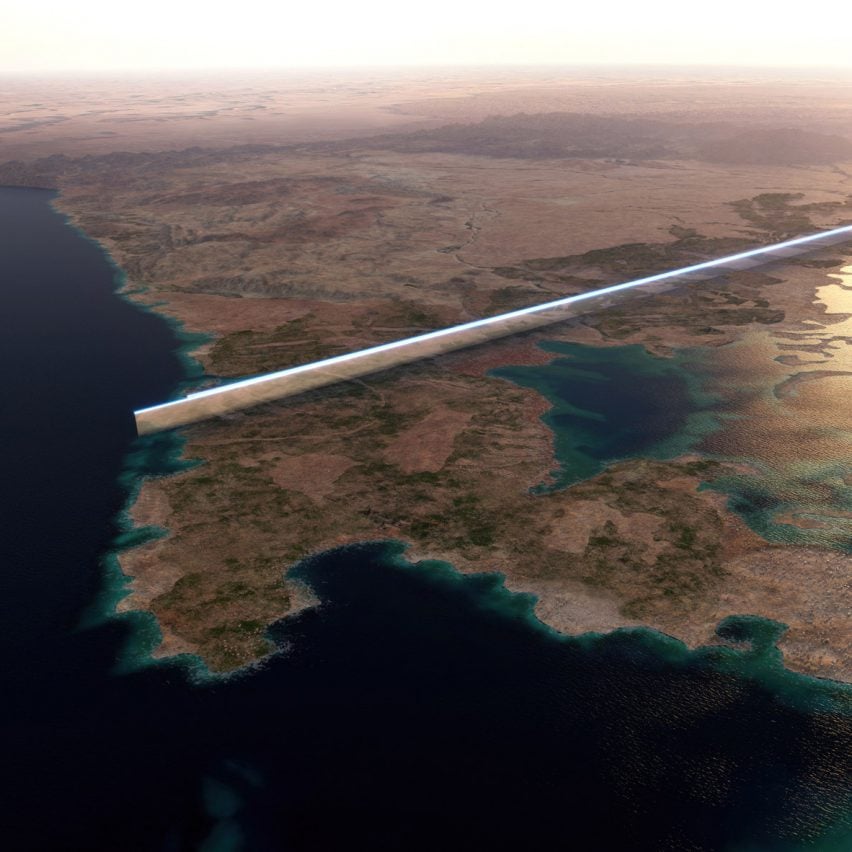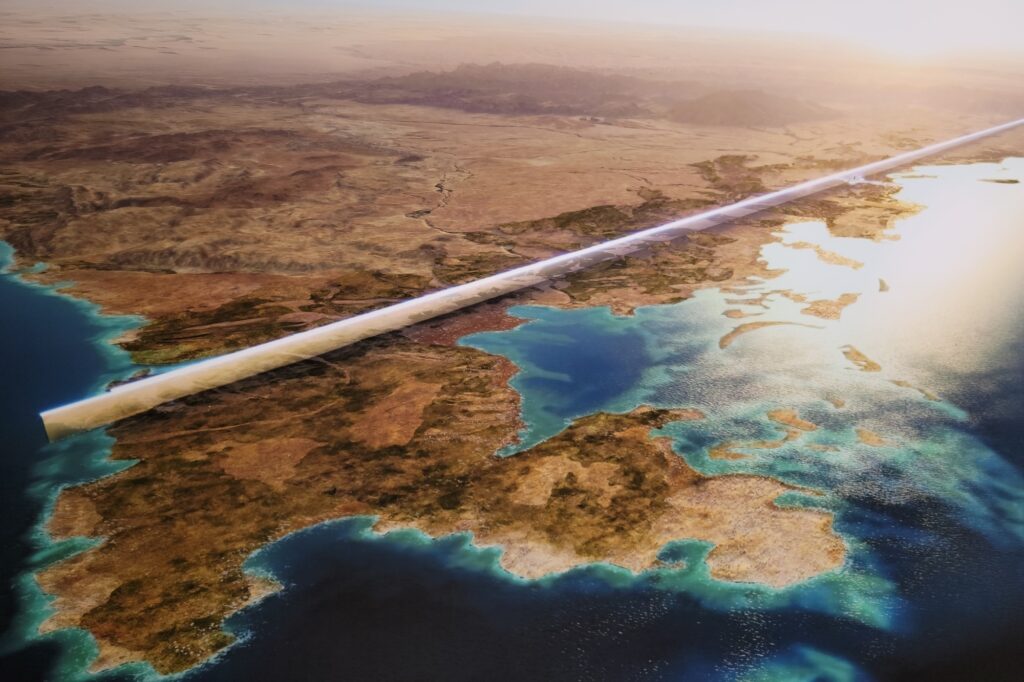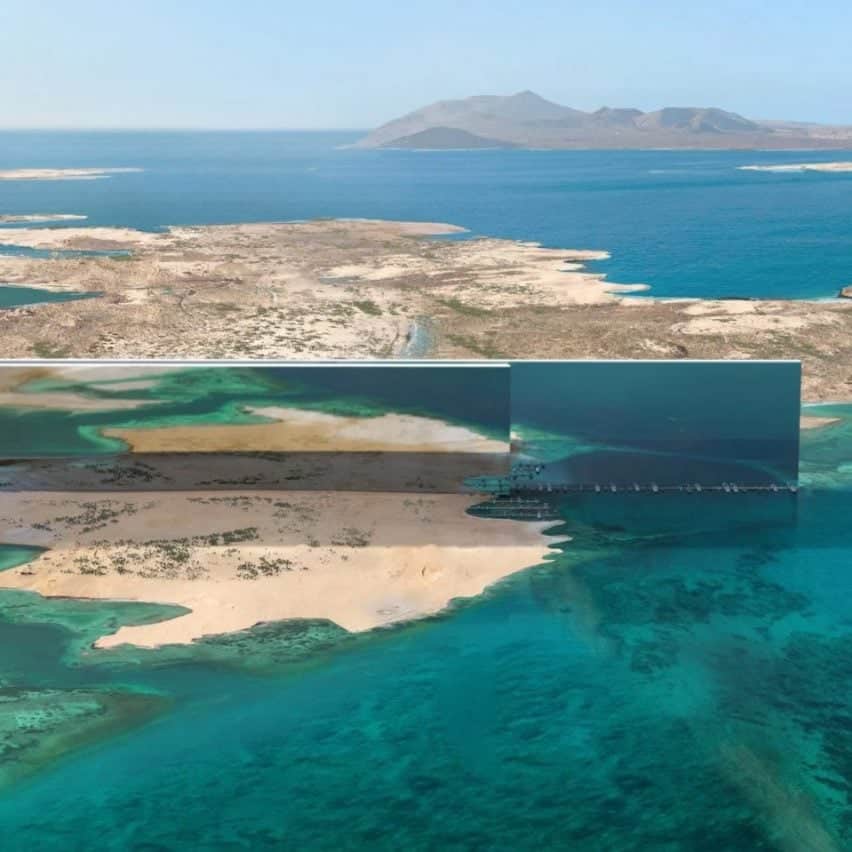Neom | Reported killings ordered by Saudi met by silence from civil engineering firms on project

This post was originally published on this site

Reports that Saudi Arabia authorised use of lethal force against civilians standing in the way of its linear city The Line have been met by silence from civil engineering firms involved in the project.
A former Saudi Arabian intelligence officer Col Rabih Alenezi told the BBC he was ordered to kill any indigenous people who refused to leave their homes to make way for the construction of the Line, which is the flagship project of the Neom gigaproject. The order was made on a village called al-Khuraybah, 4.5km south of The Line, which was mostly occupied by the Huwaitat tribe.
Satellite imagery from 2018 and 2024 show that the village has been virtually erased from the site. The BBC said it had analysed images from three villages in the area where similar destruction had taken place. It is estimated that 6,000 people were forced out.
The BBC said it was not able to independently verify Alnzezi’s report of lethal fource, but the intelligence office has gone into exile in the UK since dodging the mission, which went ahead anyway.
The BBC has previously reported that 20,000 members of the indigenous Huwaiti have been forcibly removed from the region where Neom is being built, and a member of the indigenous group Abdulrahim al-Huwaiti was killed when he refused to leave his home.
Neom projects and funding
Neom includes a range of projects in the Tabuk region in northwest Saudi Arabia, such as Trojena artificial lake, The Oxagon mega port, The Line and numerous resort destinations, which in total has cost estimates ranging from $1 trillion to $1.5 trillion (£790bn to £1.19 trillion).
The Saudi government started seeking additional external investment in Neom in April 2024. It had been mainly funded by the Public Investment Fund (PIF), its national sovereign wealth fund. The PIF has $925bn (£737bn) under management according to its website.
Saudi Arabia is trying to use Neom as a flagship project to move the country away from dependency on oil and gas exports.
Civil engineering firms involved
Several global contractors and consultants have been known to sign on to deliver Neom project.
NCE approached all of these companies for comment on the BBC’s report about mass killings and wiping out of villages, but none chose to.
Aecom and Bechtel were appointed to provide project management services for the first phase of The Line.
Keller signed a major piling contract worth around £51M on the project in 2022.
In February 2023, AtkinsRéalis and Jacobs were appointed as delivery partners on The Line.
In December 2023, an Archirodon and Deme consortium was awarded an estimated £795M ($1bn) contract for the second phase of work to expand The Oxagon port.
In January 2024, Webuild signed a contract worth $4.7bn (£3.7bn) to build an artificial lake at Trojena, one of the projects within the Saudi Arabian mega-project called Neom.
It is widely understood that companies involved with Neom have their employees sign non-disclosure agreements.
Reporting of the project
Negative media attention regarding Neom is increasing with the news about government brutality against local people, as well as a report which said the Line would be cut from 170km long to 2.4km long.
The news was broken by the financial news publication Bloomberg in April 2024, which said that Saudi Arabia’s government had “scaled back its medium-term ambitions” for Neom, of which The Line is the most significant sub-project.
The Saudi government had hoped to have 1.5M residents living in The Line by 2030, but this was scaled back to fewer than 300,000, according to the report.
It was unclear how it intended to house a higher concentration of people considering the proposed length (and therefore area) has been massively slashed.
Just weeks after the Bloomberg report was published, a Saudi Arabia government minister told CNBC that there was “no change” in the scale of Neom, but said it was a “long-term project that’s modular in design.”
Unions and campaign groups are banned in Saudi Arabia which makes independent verification of events in the country extremely difficult.
Like what you’ve read? To receive New Civil Engineer’s daily and weekly newsletters click here.




Responses